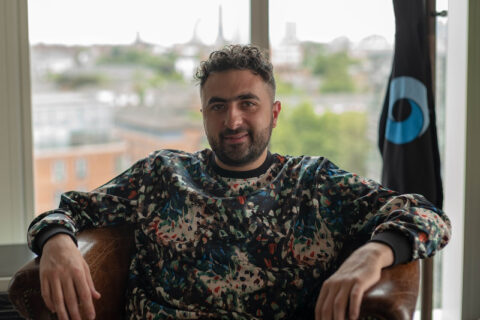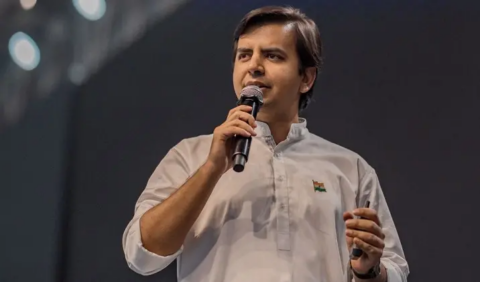The New York Times is vehemently denying accusations from OpenAI that it “hacked” its artificial intelligence systems to manufacture misleading evidence for a copyright infringement lawsuit. In a court filing, the Times called OpenAI’s claims “irrelevant as they are false.”
The dispute centers around the Times’ allegation that OpenAI’s AI products, like ChatGPT, copied substantial amounts of the Times’ copyrighted work. OpenAI has countered by accusing the Times of using a “hired gun” to manipulate OpenAI’s systems in a way that produced misleading evidence to bolster their case.
The Times maintains that OpenAI’s attempt to discredit the lawsuit by focusing on the term “hacking” is a mere distraction tactic. They argue that their investigation simply involved using OpenAI’s own products to identify evidence that their work was allegedly copied and incorporated into OpenAI’s systems. The Times claims their investigation revealed a much larger scale of copying than the 100-plus examples they initially identified.
This back-and-forth highlights the complexities surrounding the legal implications of AI-generated content. The core question revolves around whether and how AI-powered systems can be copyrighted. Additionally, AI’s ability to mimic human-written text raises concerns about potential misuse and the difficulty of pinpointing the source of copied material.
The Times has expressed confidence in its case, stating that OpenAI’s response “shows it is tracking users’ queries and outputs, which is surprising given that they claimed not to do so.” This could potentially open a new front in the legal battle, focusing on OpenAI’s data collection practices.
The court is likely to play a crucial role in determining the validity of both parties’ claims and setting a precedent for future copyright disputes involving AI-generated content. This case is being closely watched by the tech and legal communities, as its outcome could have far-reaching implications for the future of AI development and intellectual property rights in the digital age.











